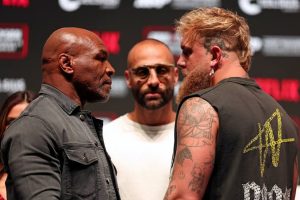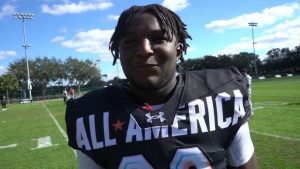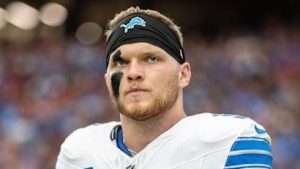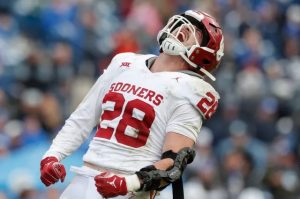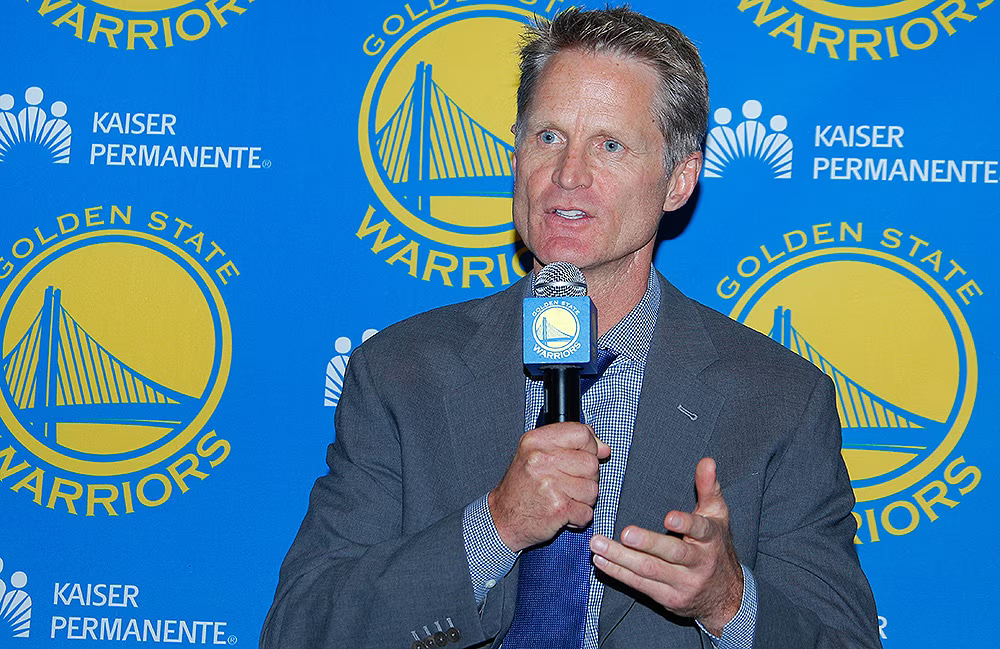
Warriors coaches and players open up on ‘devastating’ Dejan Milojevic death
Milojevic died at 46 years old after being hospitalized for a heart attack that occurred in front of the majority of the team. He had been vital to developing the roster’s big men in particular, but he influenced everyone around the team through his friendly persona.
The NBA agreed to postpone two Warriors games in the wake of his death in Salt Lake City. Golden State will restart its season on Wednesday against the Atlanta Hawks.
“It’s hard to describe that last week,” Warriors coach Steve Kerr said via ESPN. “Heartbreaking. Devastating. It’s the saddest thing I have ever been a part of in the NBA … The last five days have been full of the shock. The emotion, the extreme outpouring of love from all over the world.”
Center Kevon Looney added: “You’ve got to come to work and got to get a whole new routine. There’s a whole different vibe to practice not having him here. He was an integral part of our team, an integral part of my day-to-day routine.
“It’s definitely different. I am looking forward to getting back on the court and trying to get lost in the my love for the game. I’ll think about all of our memories and the teachings that he gave me and try to honor him that way. That’s the only way I know how.”
The Warriors anticipate their first game back being a challenge, as they’ll need to lock in against an opponent fighting to avoid a trade deadline teardown. The Hawks are reportedly open to trading star guard Dejounte Murray, and their players must prove they’re not a lost cause with the Feb. 8 deadline approaching.
Golden State players, mired in their own on-court slump, may have their minds split between the game and Milojevic. “Wednesday will be unbelievably emotional,” Kerr said. “There is no handbook for this. We will honor Deki the best way we know on Wednesday night.
Kerr added that the organization provided everyone the option to receive counseling. NBA teams have beefed up their mental health resources in recent seasons. According to former NBA player Michael Beasley, who has dealt with depression, seeking help is no longer seen as taboo like in the early 2000s.
“Your mental health journey doesn’t have to start when something goes wrong or when something isn’t right,” Beasley said to FOX News Digital this past summer. “Mental health doesn’t have to be a negative thing. You can literally start working on your mind now.”

